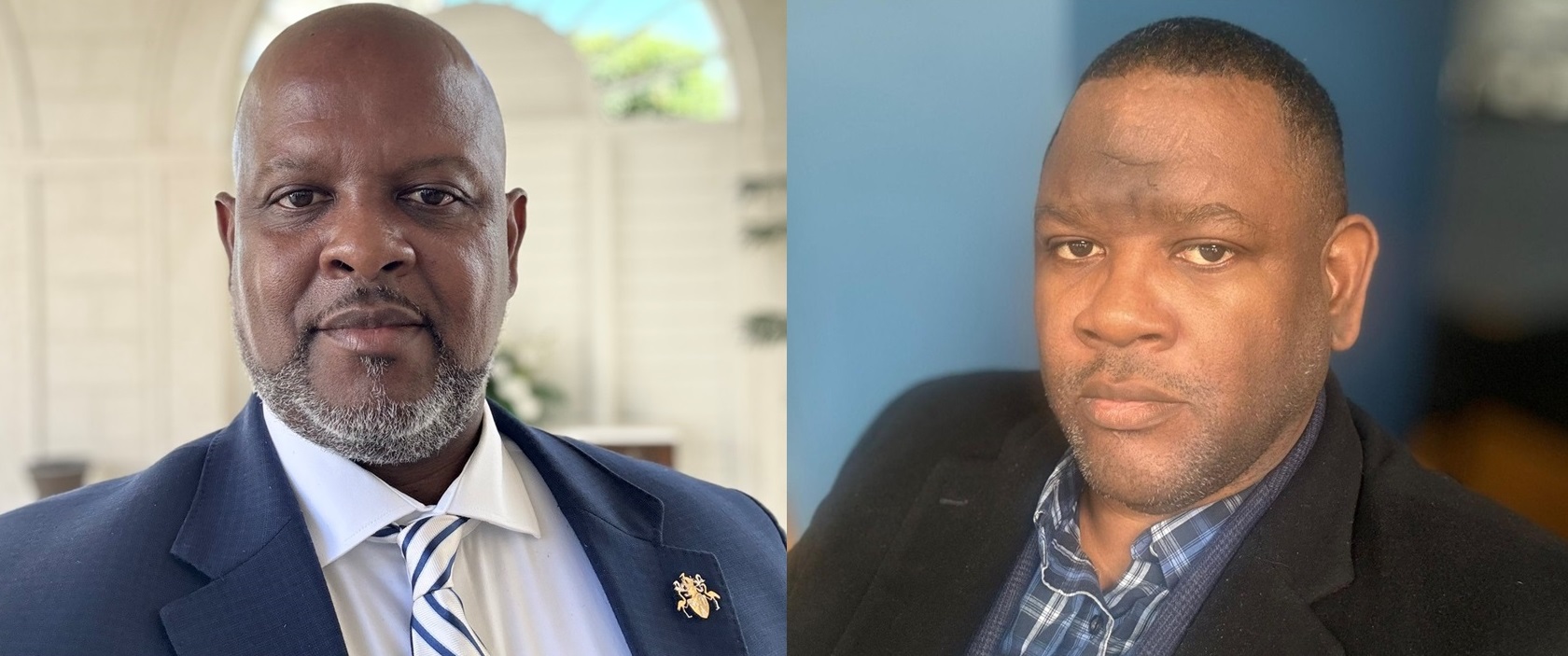Dana Malcolm
Staff Writer
#TurksandCaicos, March 22, 2024 – After scolding the government over border security, Sean Astwood has himself been chastened by his brother Audley Astwood who is questioning the political motivations behind Sean’s criticisms.
“Border control is a serious issue, and focusing on finding solutions is essential rather than creating sensationalism for self-gain. The timing of Astwood’s return and critique raises questions about political opportunism. It’s a common strategy to re-enter the political arena by capitalizing on people’s anxieties and fears. However, leadership is more than identifying problems;” Audley said in response to a March 4 letter by Sean titled ”Government Must Address Border Security Now” which implied that the current administration was not doing enough.
“The government must prioritize border security as a top national issue— Our agreement with the Bahamas is a good example of this which was initiated by the last PDM government under my leadership as Minister responsible for Immigration and Border Control,” Sean had said.
He had also pointed out serious concerns held by residents
“The unchecked entry of individuals seeking to exploit our resources without contributing to our society only serves to exacerbate existing challenges and deepen societal divides. Addressing border security is not just a matter of national security but also a crucial component of ensuring the well-being and prosperity of our nation and its citizens.”
Those concerns were tempered with direct blame on the PNP administration for the ongoing problem.
“Securing our borders has to be a top priority with this new threat arising out of the chaos in Haiti now under a state of emergency being reported by regional and international news organizations of gangs breaking gang leaders and members out of prison. They are now free to catch the next sloop to TCI that this government promised they would have stopped years ago,” Sean had accused.
Audley maintained that the blame game was unhelpful to anyone and invited Sean to detail his own remedies for the issues.
“The portrayal of our border issues as solely the current government’s failure ignores the multifaceted nature of border security and the collaborative efforts needed to address such challenges. The problems at our borders are not new and require more than national efforts; they demand regional cooperation and strategic partnerships. It is misleading to attribute the initiation of such partnerships solely to one administration or leader—“ he continued “-It’s worth questioning what concrete plans Astwood proposes beyond the critique to address the security of our borders.”
Sean had in fact detailed what he thought should be done including allocating the necessary resources to enhance surveillance, improving infrastructure by increasing the number of radar sites for better coverage, purchasing new air and sea vessels, and equipment and deploying personnel to effectively patrol and secure borders.
Audley was unimpressed with the blame sprinkled in with the solutions and maintained that regional partnerships including Operation Bahamas Turks and Caicos (OPBAT) were not the brainchild of any single local politician but the result of international cooperation to combat a common threat.
“Politicising border security serves no one, especially not the citizens of Turks and Caicos. Let’s focus on strengthening existing collaborations and seeking new avenues for partnership.” He said.
As for what the brothers did agree on, they both maintained that the issues needed immediate attention.
“We need a better approach that addresses the socio-economic disparities that drive people to undertake dangerous journeys. We must also address the demand for illegal drugs in our communities. The current administration is working on such a comprehensive approach. It goes beyond increasing patrols and enhancing surveillance,” Audley said while Sean maintained that
“The unchecked flow of illegal immigrants, contraband, guns and potentially dangerous individuals across our borders presents a clear and present danger to our country. Not only does this compromise our national sovereignty, but it also undermines efforts to maintain law and order within our borders. The rise in transnational crime, human and drug smuggling,”
While acknowledging his brother’s concerns were valid, Audley cast doubt on his sincerity
“Sean Astwood’s return to the political arena, especially during an election year, raises questions about the timing and motivations behind his critique. However, the electorate needs to evaluate the substance of these discussions critically. Is he offering solutions? Is he fostering understanding? Don’t let a former politician trying to return to power trick you with their divisive political tactics. We, as voters, should look past their fancy talk. We must check their past actions and recognise a drowning man clutching for straws.”


 TCI News1 week ago
TCI News1 week ago
 News5 days ago
News5 days ago
 Bahamas News2 days ago
Bahamas News2 days ago
 News4 days ago
News4 days ago
 Bahamas News1 day ago
Bahamas News1 day ago
 News6 days ago
News6 days ago
 Caribbean News5 days ago
Caribbean News5 days ago
 Health1 day ago
Health1 day ago
























